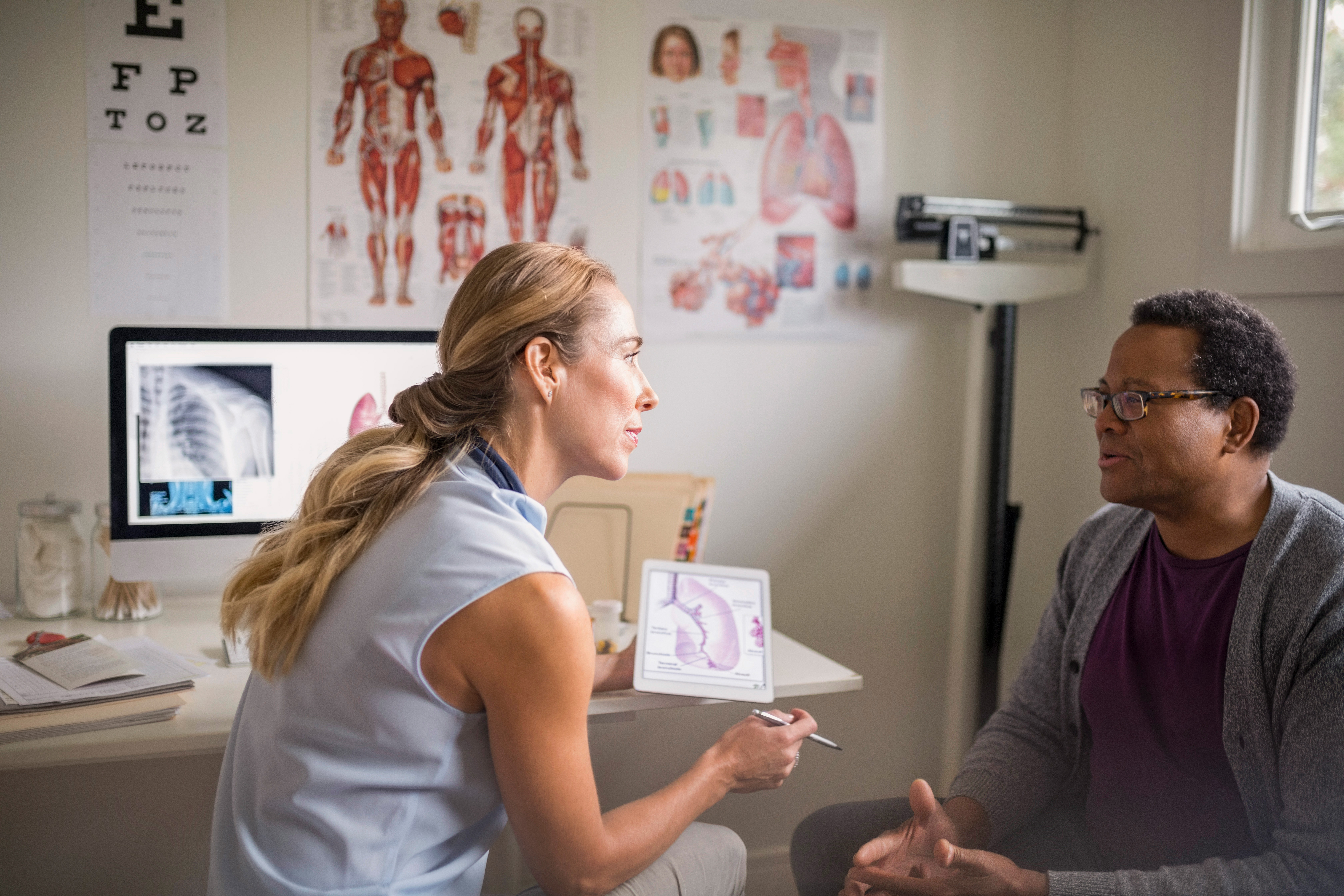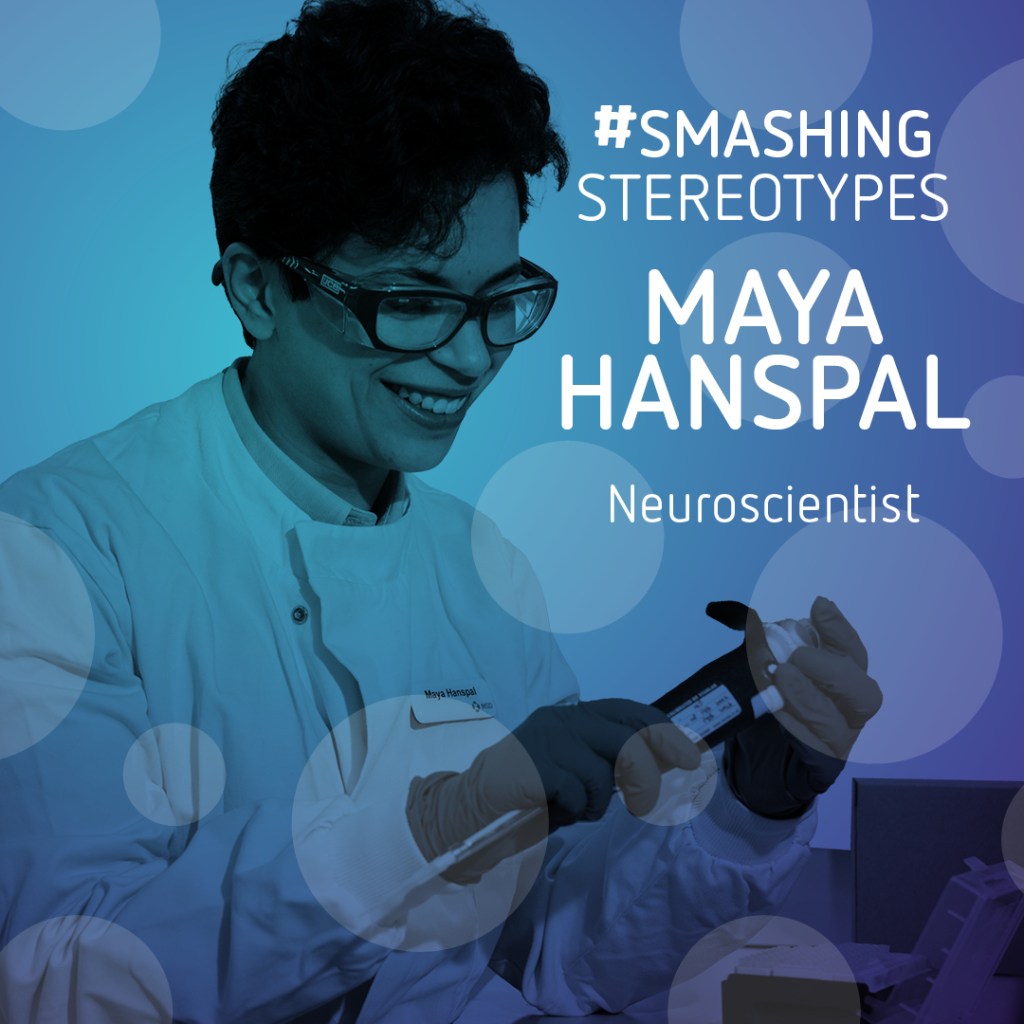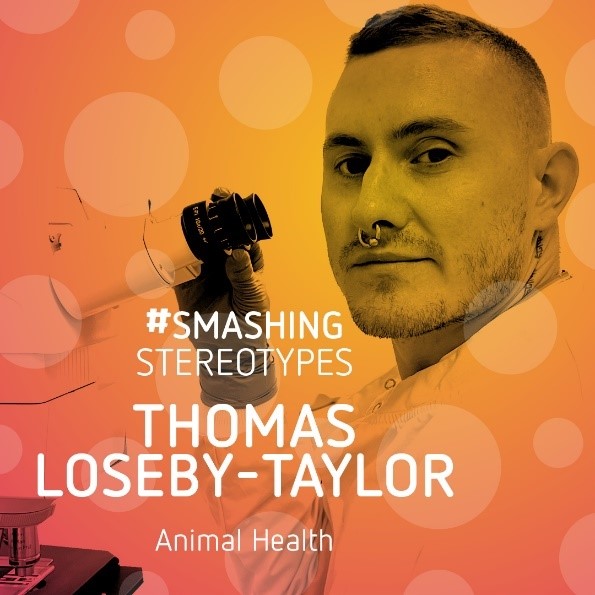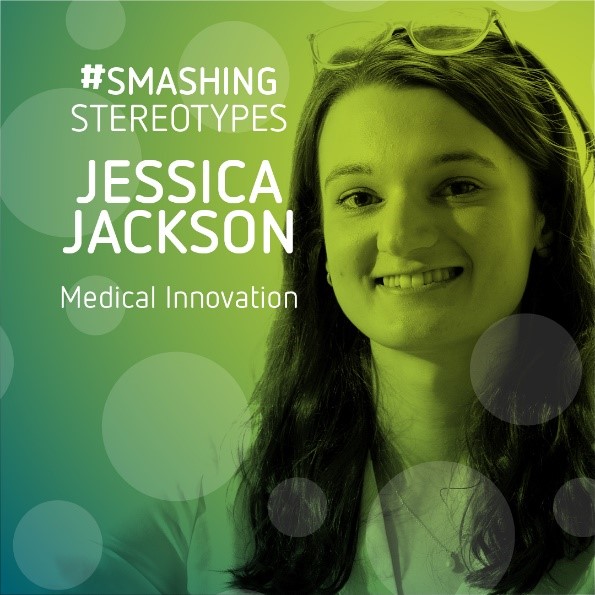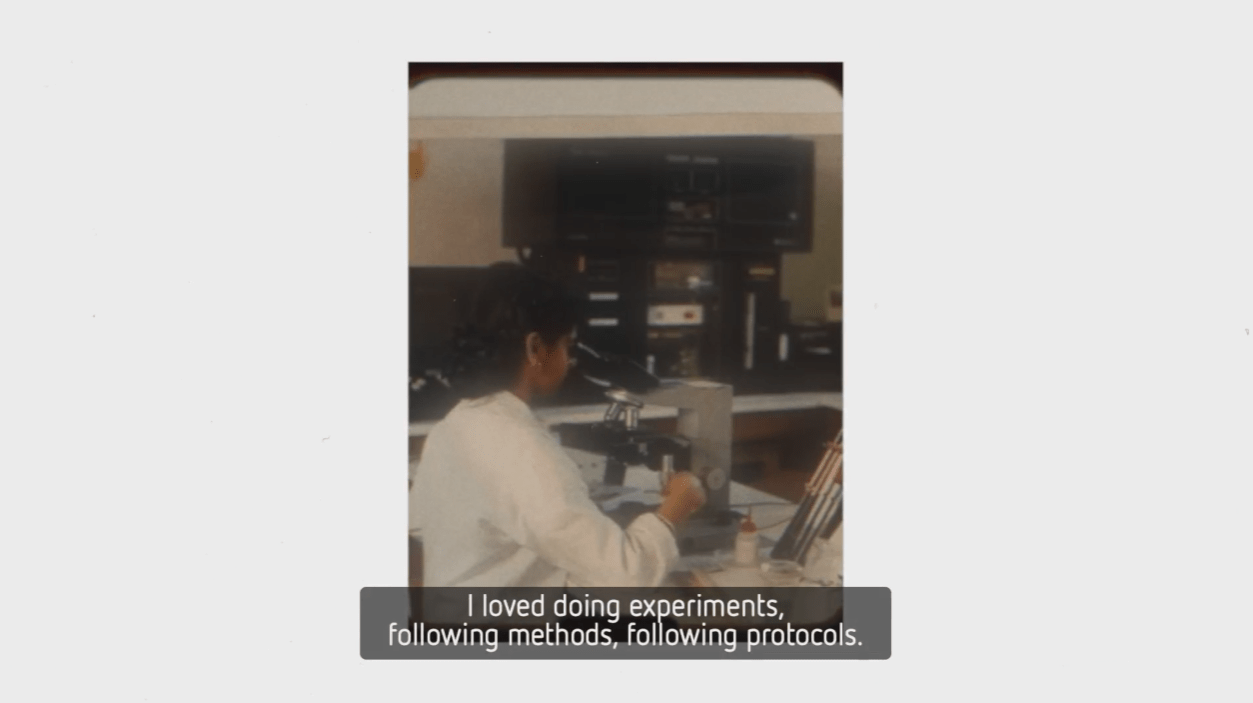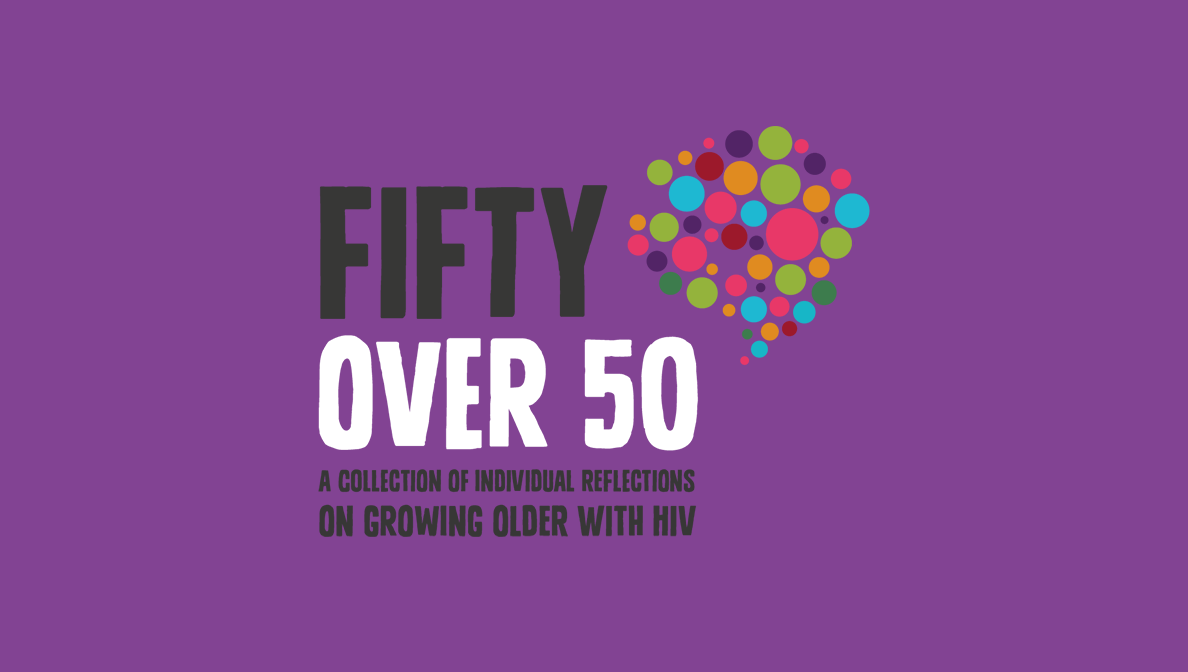MSD publishes key report into enablers and barriers to vaccine confidence
September 2023
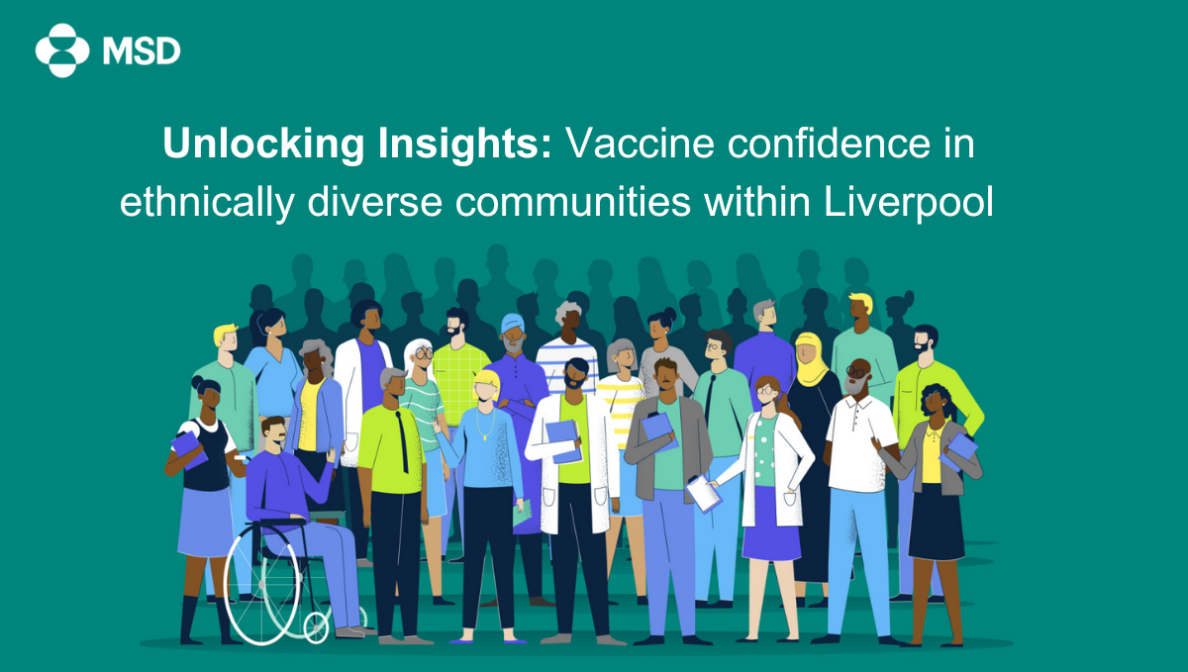
Gathering insights from communities in Liverpool to drive positive change
Building vaccine confidence at a time when vaccine hesitancy is on the rise, is one of the toughest health challenges we face globally. Even before the COVID-19 pandemic, vaccine hesitancy was listed as one of the top 10 threats to global health.1 Vaccines save millions of lives across the globe each year by protecting against serious illness and death2, and yet despite this, many people remain unvaccinated for various reasons. This project sets out to better understand why this is the case.
To download a copy of the report, click here.
The why’s behind the research:
Global research highlights that coverage of influenza, pneumococcal and COVID-19 vaccination remains particularly low among older aged people from ethnically diverse communities,3 despite older age being a risk factor for serious illness from vaccine-preventable diseases. Whilst national and global catch-up programmes aim to recover from disruptions in vaccination coverage caused by the pandemic, there are still a lack of interventions to improve vaccine confidence within this age group.
Liverpool has one of the highest hesitancy rates in the UK for COVID-19 vaccination,4 and the most ethnically diverse population in Cheshire and Merseyside.5 Due to the ongoing low levels of vaccine confidence across the city, Liverpool was identified as the pilot location. Several successful vaccine confidence programmes have been implemented across Liverpool, so this project aimed to build on their work and drive further positive change for communities in need.
The first step to improving vaccine confidence in places like Liverpool is to understand the ‘whys’ that influence perceptions, decisions and behaviours surrounding vaccine coverage, so that’s where we started our journey.
Listening to and learning from people on the ground:
Since January 2023, MSD’s Public Health team has spoken to over 60 individuals who form part of the vast, integrated network of people involved in vaccine education and access across Liverpool. People from multiple backgrounds, faiths, professions, and beliefs who are committed to improving the health of local communities helped us better understand the barriers to vaccination and healthcare faced by ethnically diverse communities every day, as well as potential solutions to enable change.
By listening to different communities without judgement or bias, we have been reminded of the importance of nurturing community relationships and fostering an environment of collaboration and trust. During our nine-month journey, not only did we learn a great deal about ethnically diverse communities in Liverpool and the network of health educators that serve them, but we also learnt that asking ‘why’ can be as important as asking ‘why not’ when exploring barriers and enablers to vaccination.
We invite you to join us in working towards building vaccine confidence and understanding the realities of different communities by reading the report here.
Within the report, we have identified ‘Change Makers’, which are activities, approaches and initiatives that we believe have the potential to positively influence existing or future health programmes. As we enter the next phase of this project, we will be using the 12 Change Makers identified to work with communities to develop material outputs that reflect the key recommendations we have observed.
We hope that sharing this report, it can serve as a starting point for learning about the ongoing efforts and tangible change we can make in the future to foster equitable and accessible healthcare, both in Liverpool and beyond.
For more information about this project, please contact corporateaffairsuk@msd.com.
References:
- World Health Organization. Ten threats to global health in 2019.
- World Health Organization. Vaccines and immunization.
- Bhanu C et al. UAR (2021) Vaccination uptake amongst older adults from minority ethnic backgrounds: A systematic review. PLoS Med 18(11): e1003826
- Liverpool School of Tropical Medicine. 2022. Liverpool vaccine equity programme marks key milestone with celebratory learning day.
- Cheshire and Merseyside Health and Care Partnership. 2020. Ethnicity Profiles in Cheshire and Merseyside.
GB-NON-08135 | September 2023




